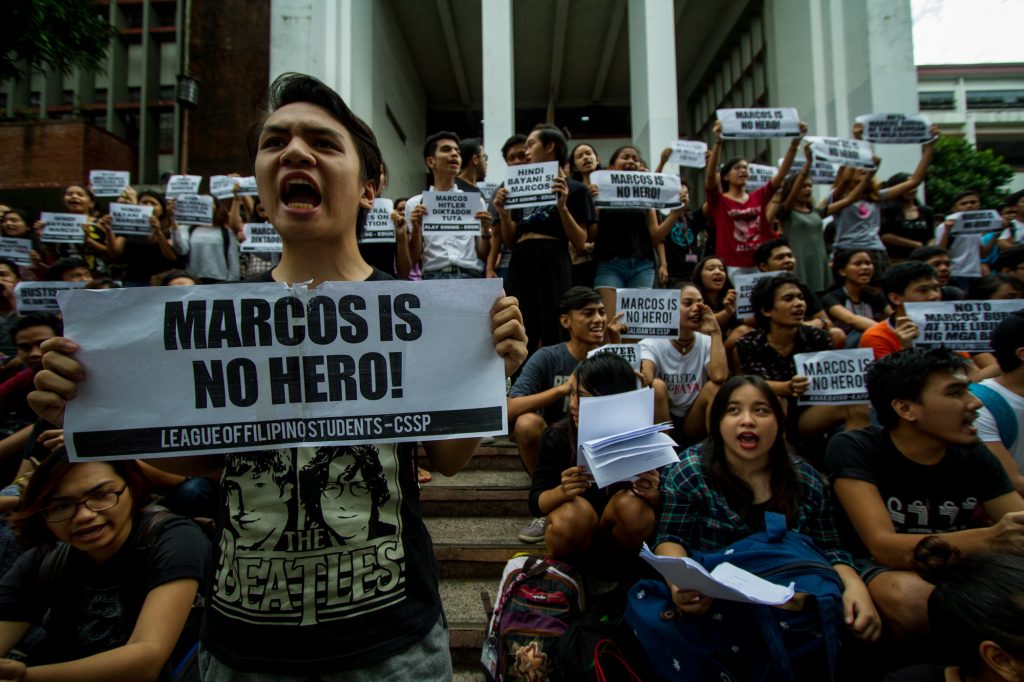
It would’ve been better expressed half in drunken stupor, half tongue-in-cheek: Congress recently declaring September 11 — former dictator Ferdinand Edralin Marcos’ birthday — a holiday within the borders of Ilocos Norte, the Marcos family bailiwick.
But no, they’re as serious as a heart attack. Or to put it bluntly, as physical as putting pen on paper and rewriting this country’s history. No bigger proof that Congress has ceased to represent the public interest other than this act.
The House of Representatives has become President Duterte’s “rubber stamp,” the Executive Office’s legislative canine attack unit. For the last four years, Filipinos have been shackled in a country where laws have been weaponized against its own citizenry.
The Anti-Terrorism Act is one of many examples. We’ve become a petri dish of such wild and wily experiments that thinking straight has become a thing of the past.
You’d think the despot and looter of the country’s wealth — US$10 billion worth of corruption, according to Amnesty International, and that’s just the tip of the iceberg — would nevermore be remembered after what he and his cronies had done by way of violence, looting and torture.
That any attempt to celebrate his life would come not as brazenly as a congressional decision but more along the lines of a political sleight of hand.
Hardly the case here. The Marcos revisionists are getting bolder by the minute. As expected, it came as an imposition by the ruling powers loyal to the ousted dictator to propagate the lore that was Marcos was a “hero”.
Stealing memory
As the Philippines slides ever deeper into the jaws of a police state, the rules of the game also took a nosedive.
The little freedom left for us to enjoy puts Filipinos at the center of the fight ring, battling enemies from all sides: a government hell-bent on justifying its bloodlust and incompetence, a raging pandemic, an economic meltdown, a horde of little-league bullies and dictators imitating the Eye of Suaron sitting at the Palace, and efforts at historical revisionism.
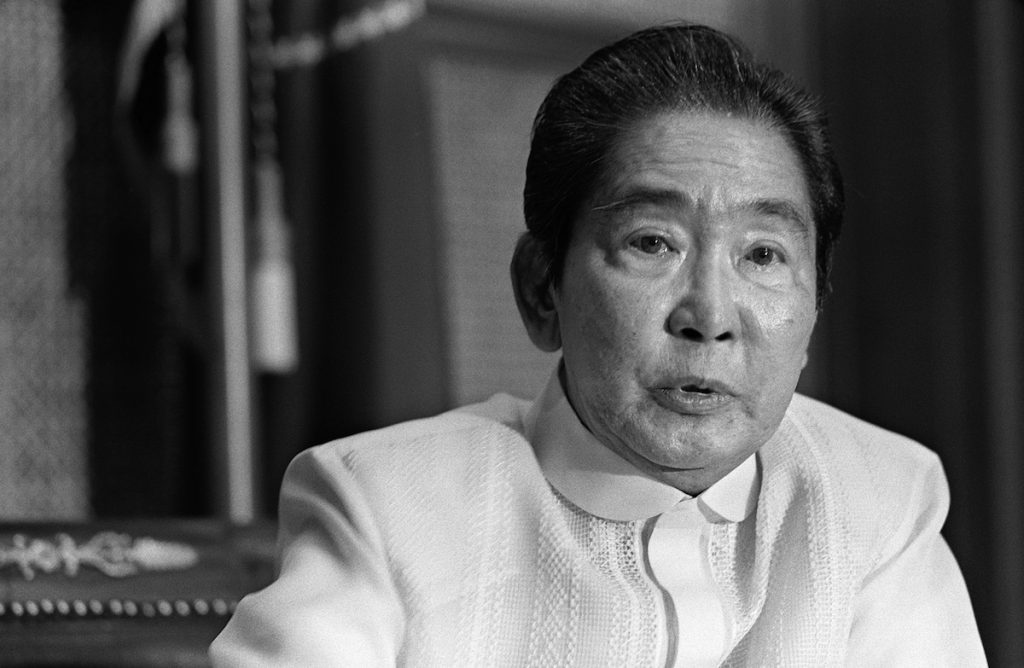
And if one thinks that seizing history and forcing it to conform to lies is mere political child’s play, they’re in for a huge surprise.
This reminds me of Peruvian novelist Mario Vargas Llosa, who wrote in his 1996 essay, “The Truth of Lies”:
“To organize collective memory, to change history into an instrument of government for the purpose of legitimizing the ruling powers and providing alibis for their misdeeds, is a temptation inherent in all forms of power. Totalitarian states can make this temptation a reality… In a closed society, history is imbued with fiction, becomes fiction, because it is invented and reinvented in accordance with temporary religious or political orthodoxy, or more crudely, according to the whims of the controllers of power… The fantasy we are endowed is a demonic gift.”
The Nobel laureate argues using Inca history and its court of amautas, its “intellectuals”. After an Inca leader dies, not only his wives and concubines died with him, but his court of intellectuals as well, to be replaced by new ones.
“Their wisdom was fundamentally applied to the trick of turning fiction into history,” Llosa wrote, and thus subjecting the past “to manipulation with the view of justifying the present”.
“The result is that the Inca empire is a society without history, at least with narrative history, because no one has been able to reconstruct in a reliable way this past that has been so systematically dressed and undressed like a striptease artist,” Llosa said.
The discussion on historical revisionism should not begin and end, however, on providing present dictators an alibi for present crimes.
Losing our humanity
Stealing memory, more so national memory, leaves a nation’s recollection of both its failures and triumphs in a muddle of confusion, of the sort dementia is notorious for.
If we will base our analysis on the particular clinical condition, the symptoms include not only memory loss, but confusion, incoherence, failure to process visual and auditory information, speech and comprehension problems, poor judgment, changes in personality and mood, to say little of withdrawal from society.
A nation robbed of its real history is soon deprived of its personality, and with personality its humanity. This leaves the collective, as well as the individual, unable to process information which otherwise defines who or what they are in the scheme of things.
The first thing to suffer is our sense of what we are worth both as a nation and as individuals.
When our idea of dignity is based on a lie, people are then relegated to becoming mere numbers in a long queue of mindless sheep led to the slaughter.
Progress and historical revisionism
Real progress, likewise, is stifled.
While historical revisionism does not per se affect the science and technology needed for development, any sort of progress that is imposed and robbed of the people’s free agency is little more than palliatives designed to further government restrictions on the populace.
The lie stands as a barbed-wire fence designed to keep Marcos loyalists within the borders of false narratives, allowing only controlled movement but never out of the box.
Take for example the Ilocos region where generally the “Golden Age” of Marcos rule continues to hold sway. President Rodrigo Duterte’s statement that “to Ilocanos Marcos is a hero” may find support for its lame generality, but not in truth.
The UP Namnama, a university organization describing itself as “the first and only true-blooded Ilocano organization in the country’s premier university” founded in 1974, rejected the Marcos mythos and fought the dictatorship at the height of martial law.
In the group’s current website, UP Namnama proudly stands by its history.
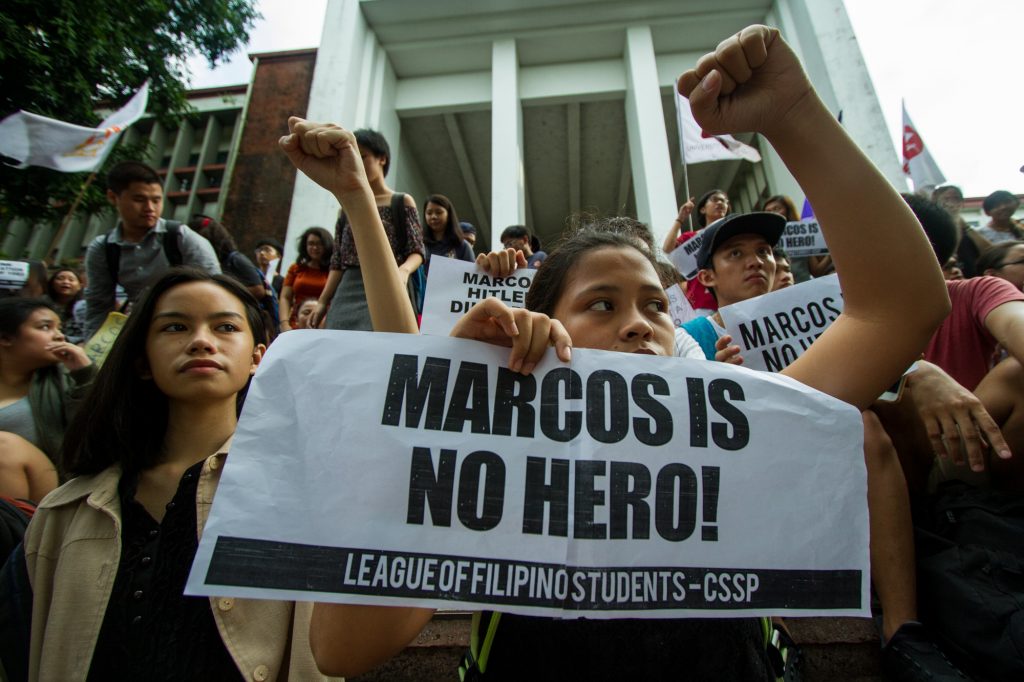
“Founded at the height of Martial Law, it was originally a political confraternity, formed to go against the dictatorial government of then President Ferdinand Marcos. During this highly tumultuous period, UP Namnama became politically involved in and out of the university, having been an active participant in the ‘parliament of the street’ almost daily alongside with other UP students and protesters, at the same time a pioneer member of the Ilocandia Forum, a coalition of Ilocanos from different sectors, such as the academe, clergy, judiciary, business, and labor, among others. Imbued with a deep sense of nationalism and genuine selflessness, UPN members fought long and hard for the release of political detainees, including its very own former presidents and founding members.”
Even today, human rights advocacy groups like Karapatan have established a strong presence in the Marcos bailiwick. They continue supporting and helping Ilocanos, especially indigenous people and farmers, who suffered under Marcos’ martial law.
The region cannot close its eyes on the fact that even Ilocanos weren’t spared in the run of brutal dictatorship with Marcos at the helm.
In short, with the memory of Marcos’ “Golden Age” held as not only the “standard” but reason for progress, many in the north are trapped in believing that without this family, no progress in their region will ever be possible.
That lie that will forever hold them back from displaying Ilocandia’s true potential as a region and as a people.
Marcos is no hero
It has been said that history is written by victors. Now that Marcos had been ousted, it’s time we call a spade a spade.
True national or regional pride is the sort where we acknowledge history for what it tells us—that Marcos is no hero—and work our way up from there.
We cannot spray paint our national memory over with lies and expect the same to provide a clear picture of the future. Try watering down the gasoline in your car and find out.
Joel Pablo Salud is an editor, journalist and the author of several books of fiction and political nonfiction. The views and opinions expressed in this article are those of the author and do not necessarily reflect the official editorial position of LiCAS.news.
Source: Licas Philippines
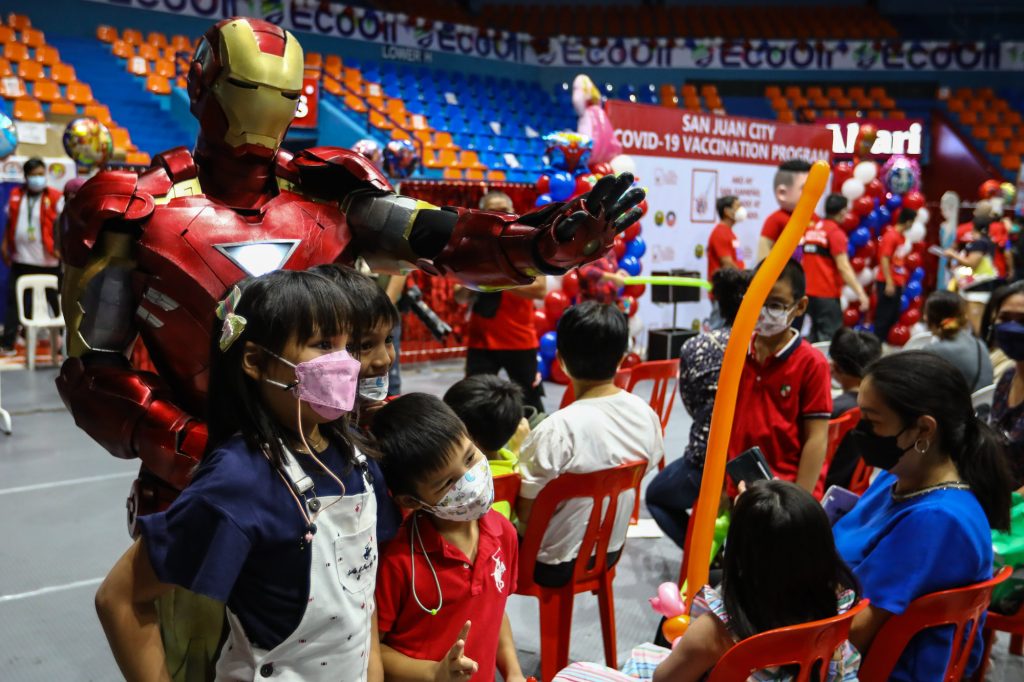
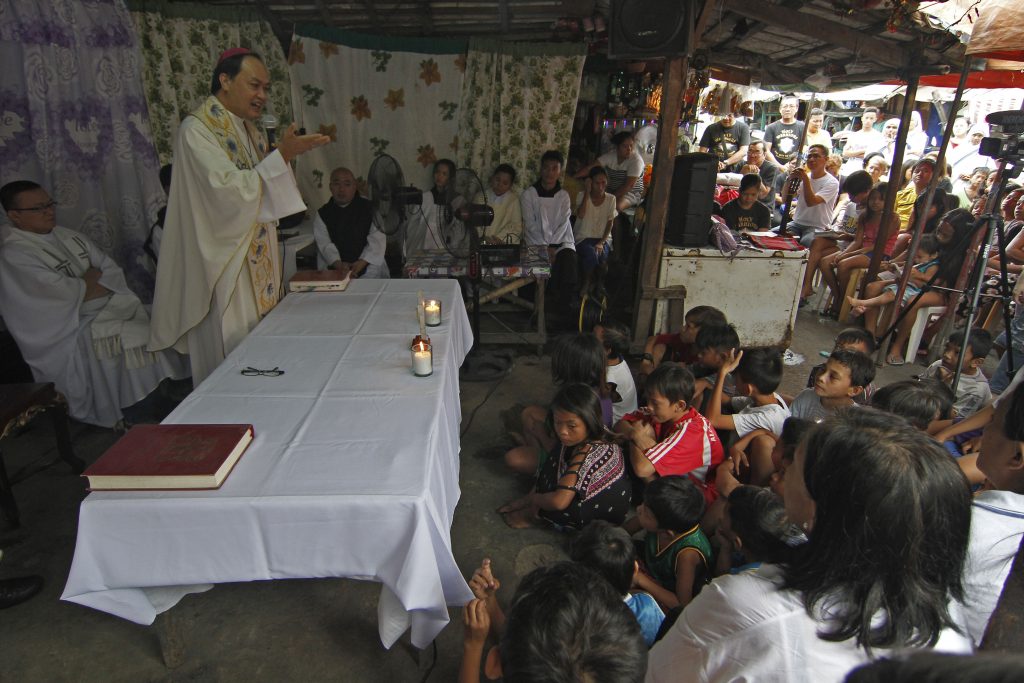
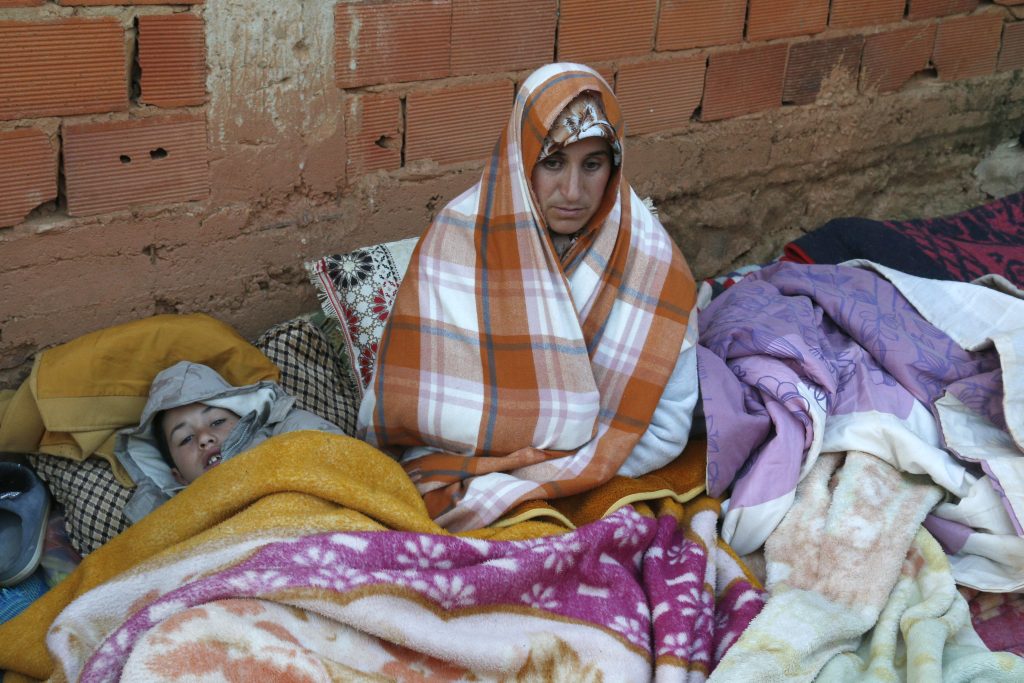



0 Comments